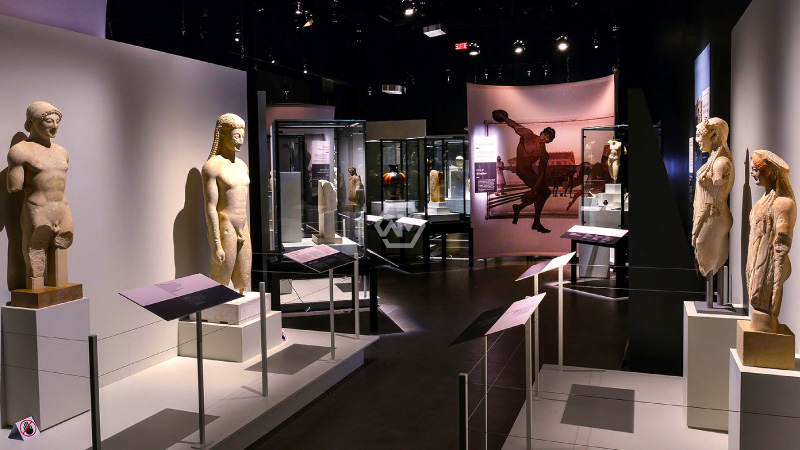Fifteen old Greek relics from the confidential Cycladic craftsmanship assortment of a U.S. very rich person went into plain view interestingly on Wednesday in Athens, under an arrangement that has mixed contention in Greece.
The Cycladic relics, which Greece says are “works of art of interesting archeological worth,” headed out to Athens following an arrangement among Greece and New York‘s Metropolitan Exhibition hall of Workmanship for the bringing home of 161 curios gathered over the years by Leonard N. Harsh, a finance manager, and donor.
Ancient Greek Remembrance
Talking at a service just before the presentation’s opening to the general population, State leader Kyriakos Mitsotakis said it was “really an extraordinary day for the social existence of the nation,” depicting the fills in as “extremely valuable relics of uncommon excellence which are getting back to their home.”
In the wake of being shown for a year at the Cycladic Gallery in Athens, the 15 works – the most huge of the assortment – will be shown in New York from mid-2024 for quite a long time. They will continuously be gotten back to Greece.
The Harsh assortment includes around 161 works made in the Cyclades group of islands in the Aegean Ocean, basically in the early Bronze Age.
- Fifteen ancient Greek remembrances were kept in a U.S private exhibition.
- It was the first time these remembrances took place in the U.S.
- These remembrances will show the life style of the ancient Greek people.
Greece’s way of life service expresses a significant number of the items in the assortment, which incorporates dolls and jars, are viewed as “very uncommon” or extraordinary instances of the workmanship and procedure of the Cycladic civilization.
The arrangement between Greece and The Met, which was sanctioned by Greek administrators in September, has mixed discussion in Greece, where the resistance as well as numerous archeologists and conservators have required their quick, super durable return.
Five associations of archeologists, conservators, and service workers referred to the understanding as “an outrage” in a proclamation in front of the opening.



